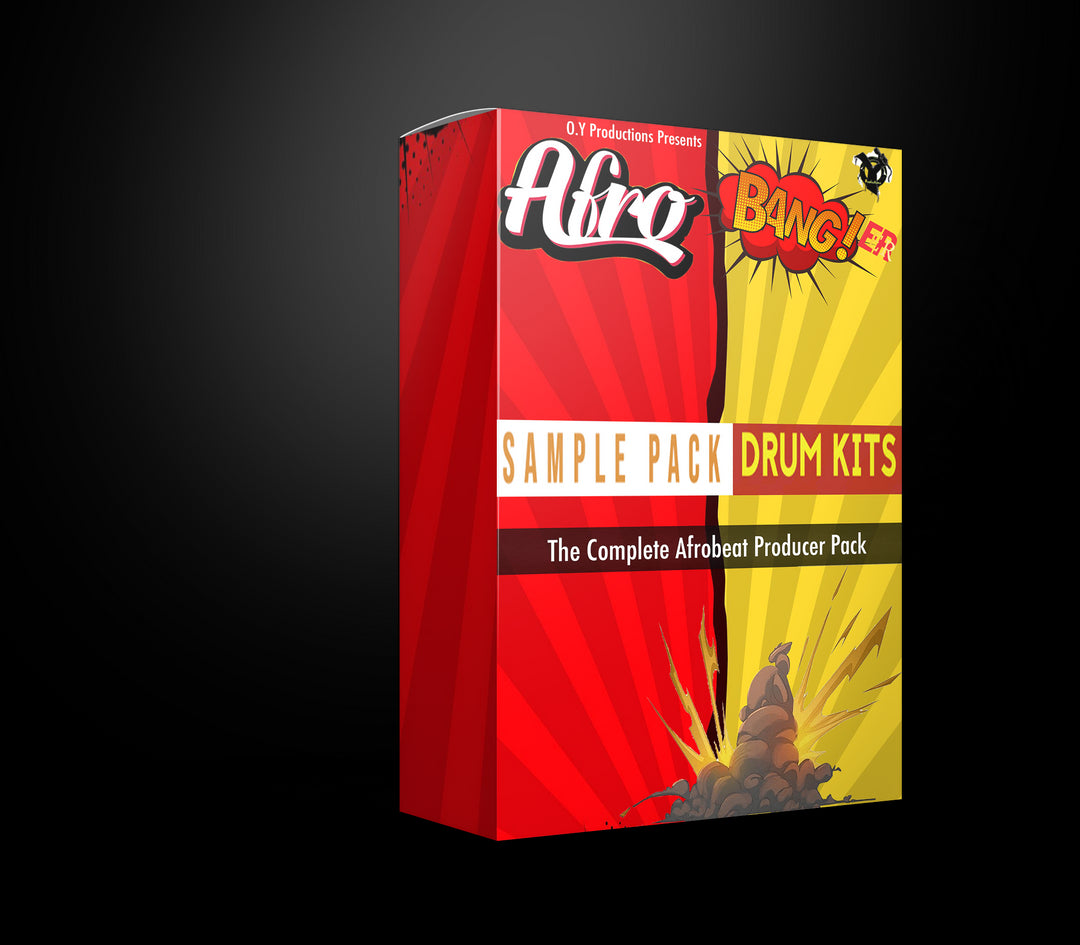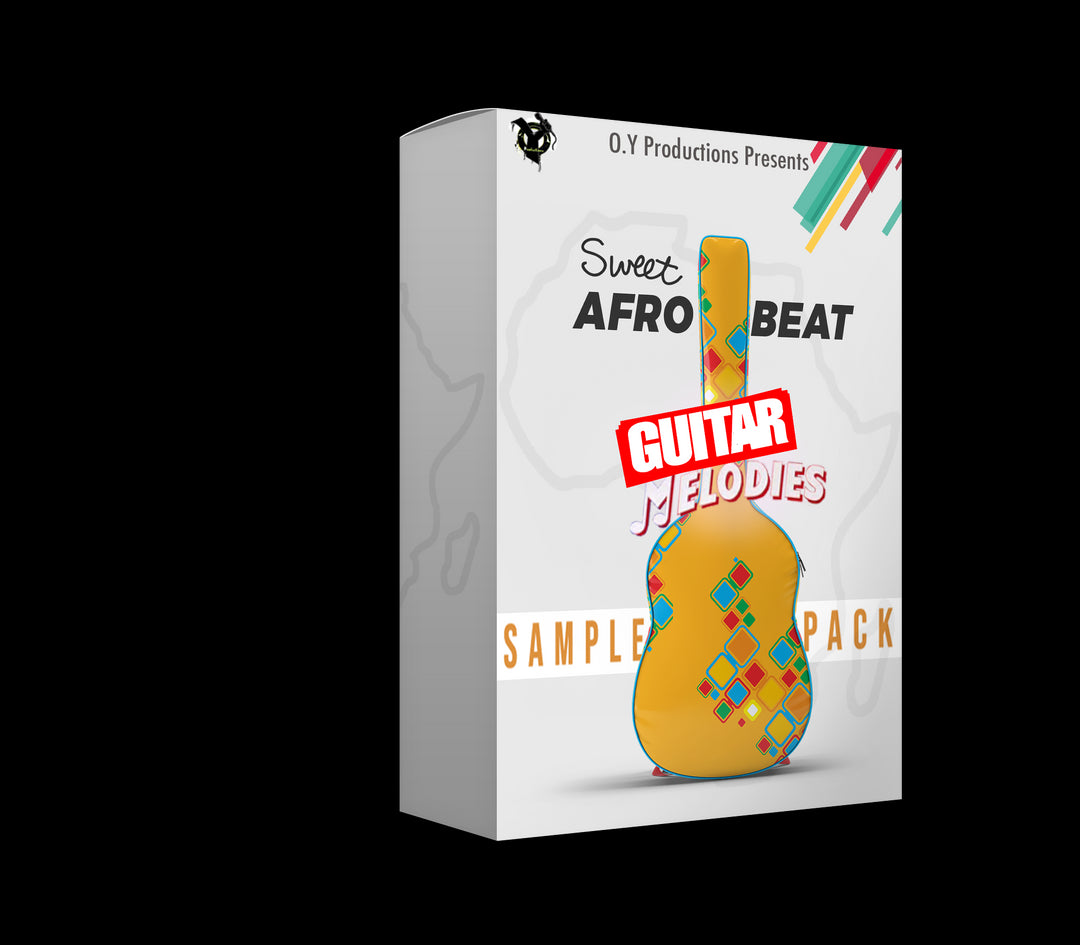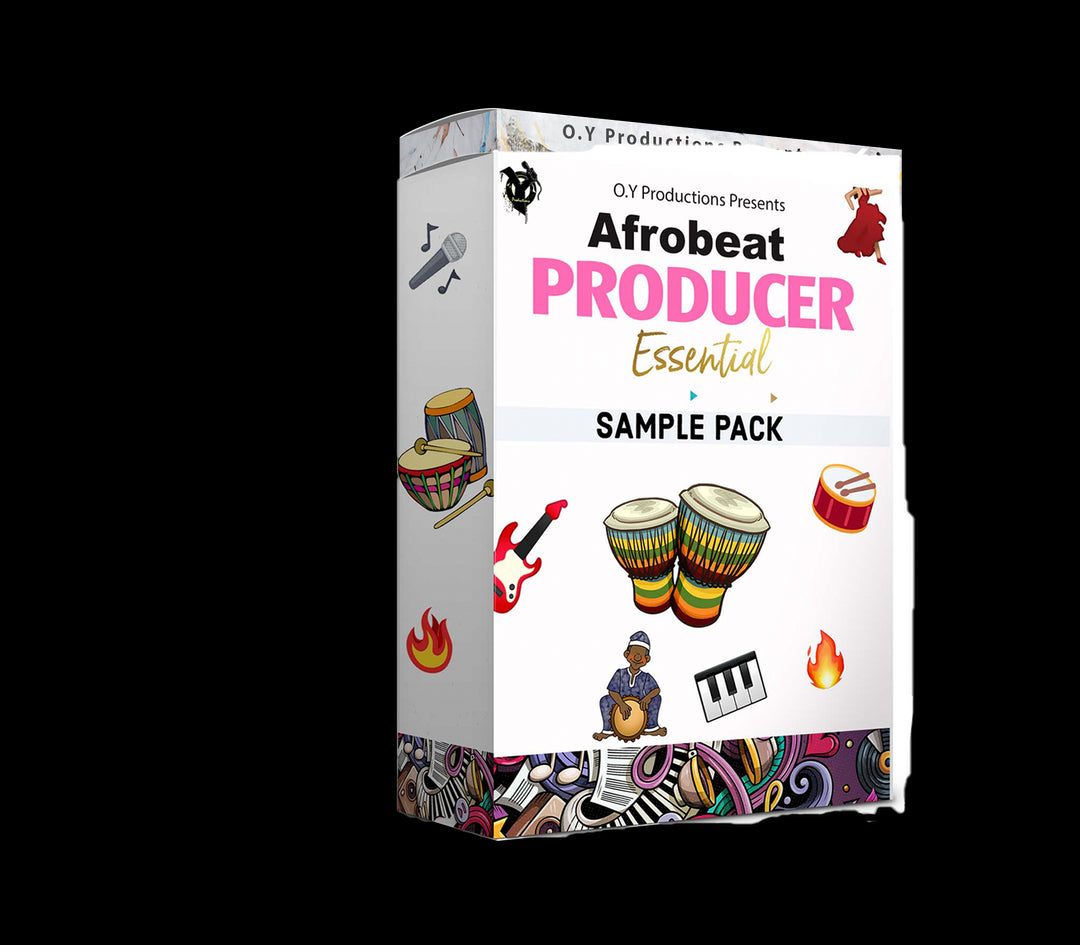5 Skills Every Producer Needs to Master: Essential Producer Tips
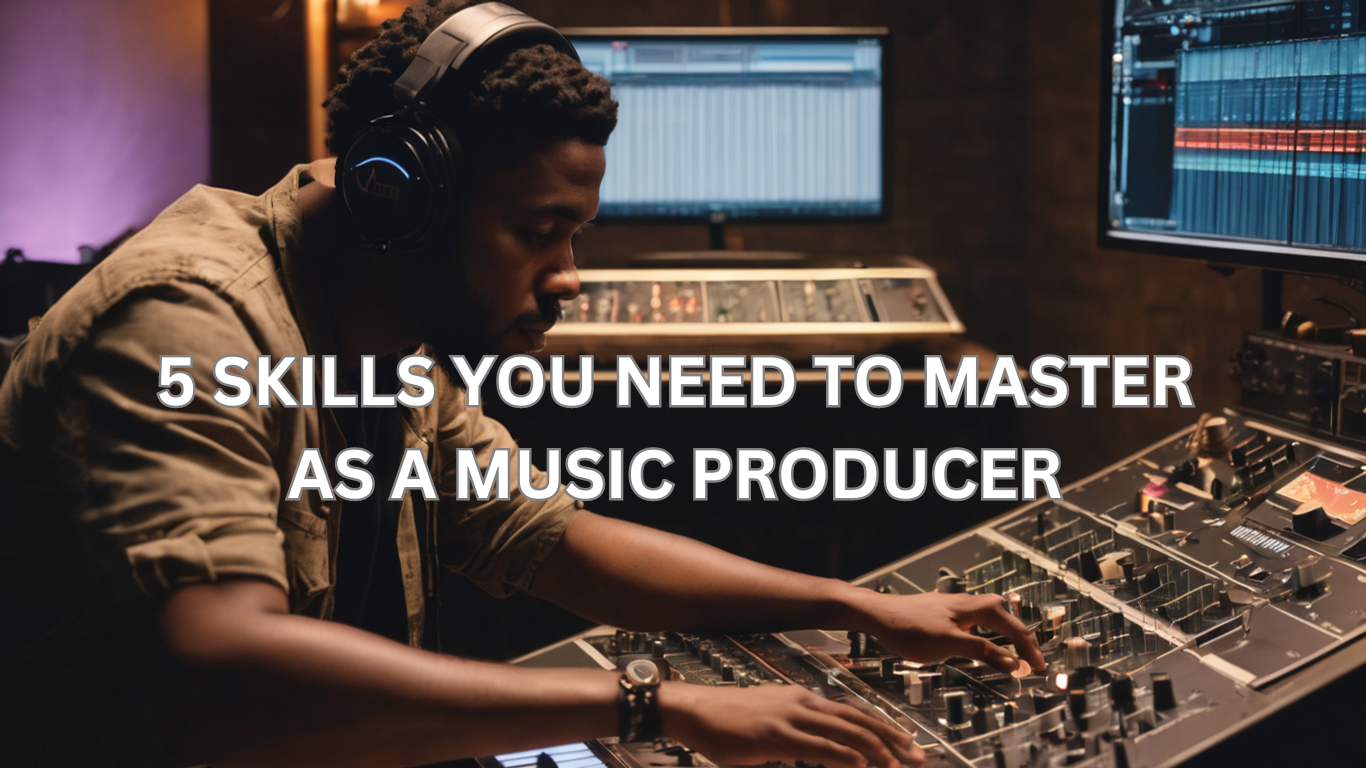
Being a music producer isn't just about loving music; it's about mastering key skills that help you create, innovate, and collaborate. Whether you're new or experienced, there are five essential skills you need to know.
These skills not only boost your ability to produce high-quality music but also help you navigate the changing music industry. Let's dive into these crucial tips and see how you can up your production game.
1. Technical Proficiency
Understanding the Equipment
First and foremost, let's talk about being technically proficient. For us producers, it's important to know our gear inside and out. Think about it as the need to be familiar with your equipment. Whether it's microphones, MIDI controllers, or any other piece of gear, understanding how each one works can save you a lot of time and frustration.
Have you ever been in the middle of a session and something just stops working? If you know your equipment, you can troubleshoot the issue quickly without losing your creative flow. It's not just about knowing what each button does but also understanding the nuances of your setup.
You don't need to be a tech wizard, but a little technical know-how goes a long way. Take the time to read the manuals, watch tutorials, and maybe even take a class or two. The more you know, the better you'll be at making music.
Mastering Software Tools
Now, let's talk about getting the hang of your software tools. If you're into modern music production, Digital Audio Workstations (DAWs) like Ableton Live, Logic Pro, and FL Studio are a must. It’s crucial to really dig into these tools and understand them thoroughly.
Start by spending quality time with your DAW. Online tutorials are at your disposal, flip through user manuals, and dedicate some hours to practice sessions. The goal is to get so familiar with your software that using it feels second nature.
The more at ease you are with your DAW, the more your creative you'll become.
2. Musical Theory
Basics of Musical Theory
If you're a producer, understanding this stuff is key. It might feel overwhelming at first, but trust us, getting a handle on music theory can seriously up your production game. When you grasp things like chords, scales, and progressions, it's like unlocking the magic behind creating those tracks that hit you right in the feels.
When we talk about chords, we're talking about those groups of notes that set the mood. Scales? They're like the building blocks of melody, helping you craft tunes that stick in people's heads. And progressions? Think of them as the roadmaps that guide your listeners through the emotional journey of your music.
So, why bother with all this? Well, understanding music theory gives you a solid foundation. It's like having a toolbox full of techniques that can turn a simple idea into a masterpiece. Whether you're just starting out or already deep into production, knowing these basics opens up a world of possibilities for creating tracks that really resonate with your audience.
Importance of Melody, Harmony, and Rhythm
Let's talk about the heart and soul of music: melody, harmony, and rhythm. As music producers, we know these three elements are the foundation of every great track.
Melody is like the personality of your song, the part that sticks with you. Think of it as the catchy tune you hum all day. It's what makes your music memorable and relatable.
Harmony, on the other hand, adds depth and richness. Rhythm is the groove, the beat that makes you want to move.
As producers, we weave these elements together to create something unique. We take the soul of the melody, the depth of harmony, and the drive of rhythm to craft tracks that resonate with people. When you balance these elements just right, you create music that feels complete and compelling.
Next time you're in the studio, remember to focus on these three pillars. Play around with your melody, experiment with harmonies, and find that perfect groove. By mastering melody, harmony, and rhythm, you can take your music to the next level.
Applying Theory to Production
When it comes to applying music theory to your production, it doesn't mean you have to stick to rigid rules. Think of theory more as a guide than a set of constraints. With this mindset, we can use our knowledge to experiment and push boundaries, creating unique sounds that make our music stand out.
Music theory can feel overwhelming, but it's really about giving us tools to craft our sound. Imagine it as a map – it shows us where to go but doesn't dictate the route. You can take detours, discover new paths, and make the journey your own.
They say that breaking the rules can lead to the best creative moments. We can blend different styles, mix unexpected elements, and create something truly original.
Remember, every great piece of music started with someone daring to do something different. Use your knowledge of music theory to guide your creativity, not limit it.
3. Creativity and Innovation
Encouraging Creative Thinking
Creativity fuels everything in music production. To keep our ideas flowing, we all need to foster creative thinking. How do we do that? Well, it starts with exploring various music genres.
Another great way to spark creativity is collaborating with fellow artists. When you work with others, you not only share ideas but also blend different perspectives, creating something truly unique.
And don't forget the importance of pushing ourselves to try new things. Whether it's experimenting with a new instrument or exploring unconventional sounds, stepping out of our comfort zone keeps our creativity alive and kicking.
Next time you're feeling stuck, remember: exposing yourself to diverse music, collaborating with others, and embracing new challenges are key to nurturing our creative spirit.
Experimenting with New Sounds
Exploring new sounds and techniques is crucial in music. Don't hesitate to try out different instruments or experiment with effects in unconventional ways. This kind of innovation is what sets artists apart in the industry. You never know, the most brilliant ideas often emerge from unexpected discoveries made during these experiments.
When we push the boundaries and step outside our comfort zones, that's when magic happens. It's like diving into a pool of possibilities, not knowing exactly what you'll find, but excited to explore. You might stumble upon a sound combination that's never been heard before, or a melody that just clicks with your soul.
Think about it: some of the most iconic artists didn't stick to the norm. They played with new sounds, tweaked existing ones, and created something entirely their own. That's the beauty of music—it's a canvas where we paint with sounds, textures, and emotions. So, embrace the unknown, play around with ideas, and let your creativity lead the way.
4. Time Management
Setting Priorities
Setting priorities is key for us producers. When you have a lot on our plate, it's vital to manage your time wisely. That means figuring out what really matters for each project and then organizing our schedule around those priorities.
Think about it this way, when you prioritize effectively, you're not just working harder, you're working smarter. You can focus on the tasks that will have the biggest impact and ensure you're using your time and energy effectively. Take a moment to assess what needs to be done, decide where to invest your efforts, and watch how smoothly things start to flow.
Creating a Productive Schedule
Crafting a productive schedule involves finding the right balance between work and rest. Designating specific times for creative bursts, handling technical tasks, and taking breaks. This structured approach not only ensures a consistent workflow but also prevents you from getting bogged down by stress.
Mapping out your day effectively means you're setting yourself up for success.
Avoiding Burnout
Avoiding burnout is crucial, especially in the music industry where it's a prevalent challenge. To steer clear of it, prioritize regular breaks and set goals that are achievable. It's important to tune in to what your body and mind is tellling you. if we start feeling worn out, it's perfectly okay to take a step back and give yourself the time to recharge.
By respecting your limits and nurturing your well-being, you can sustain your creativity and passion over the long haul.
5. Communication and Collaboration
Working with Artists and Other Producers
Collaborating with artists and fellow producers hinges on effective communication. Maintaining clear and open dialogue fosters understanding and keeps the project flowing seamlessly. Whether it involves sharing feedback or receiving it, being articulate and respectful is crucial.
By communicating openly, you ensure your contribution and every other persons are valued and aligned with the project's vision.
Conclusion
Mastering these five essential skills can significantly enhance your abilities as a music producer. From technical proficiency and musical theory to creativity, time management, and communication, each skill plays a crucial role in your success. Keep practicing, stay curious, and never stop learning. The journey of a music producer is a continuous process of growth and discovery. Keep pushing your boundaries, and you'll see remarkable progress in your work.
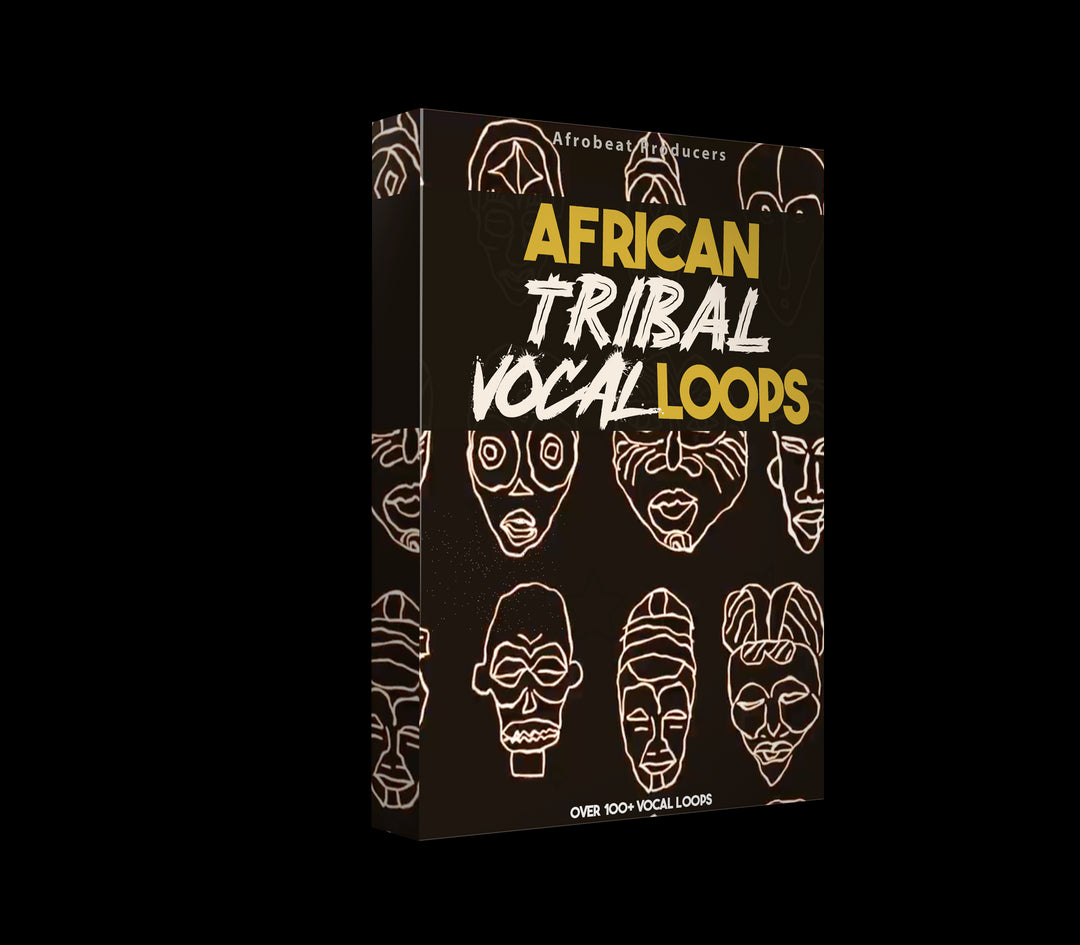

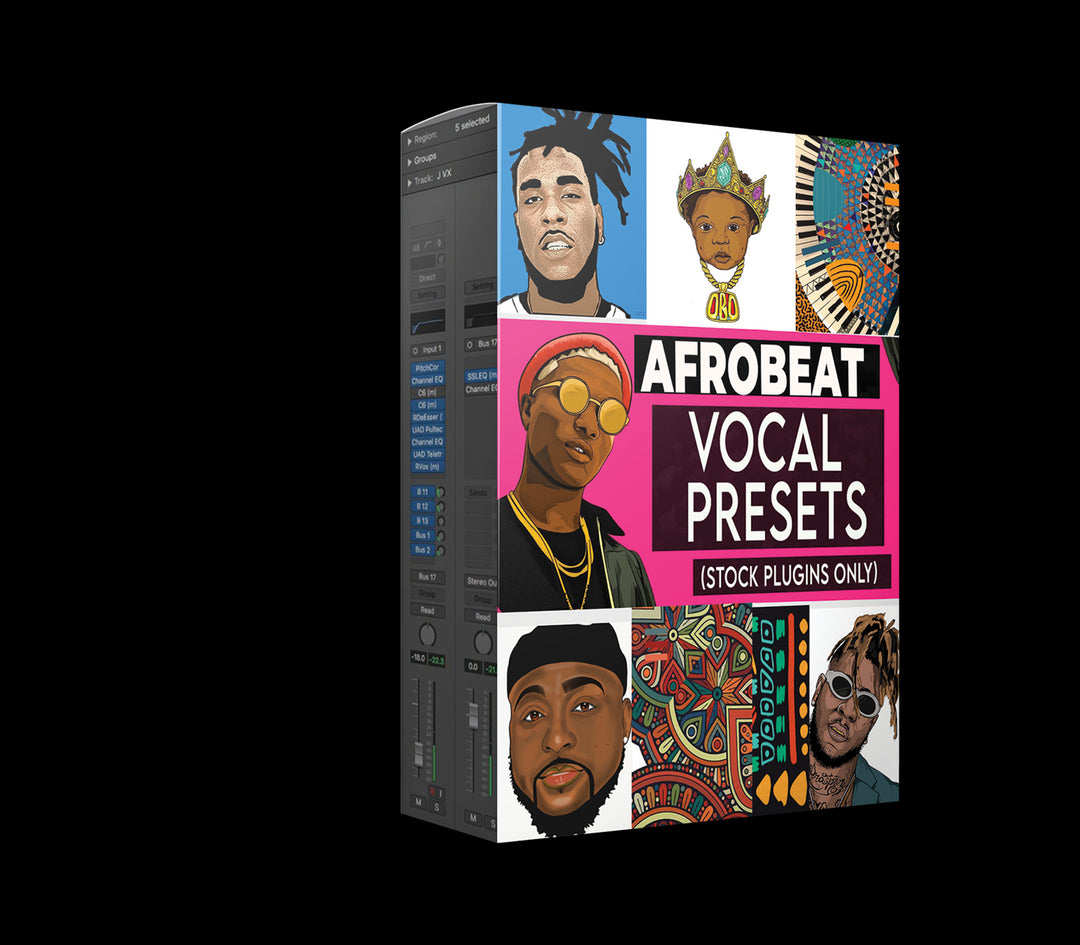
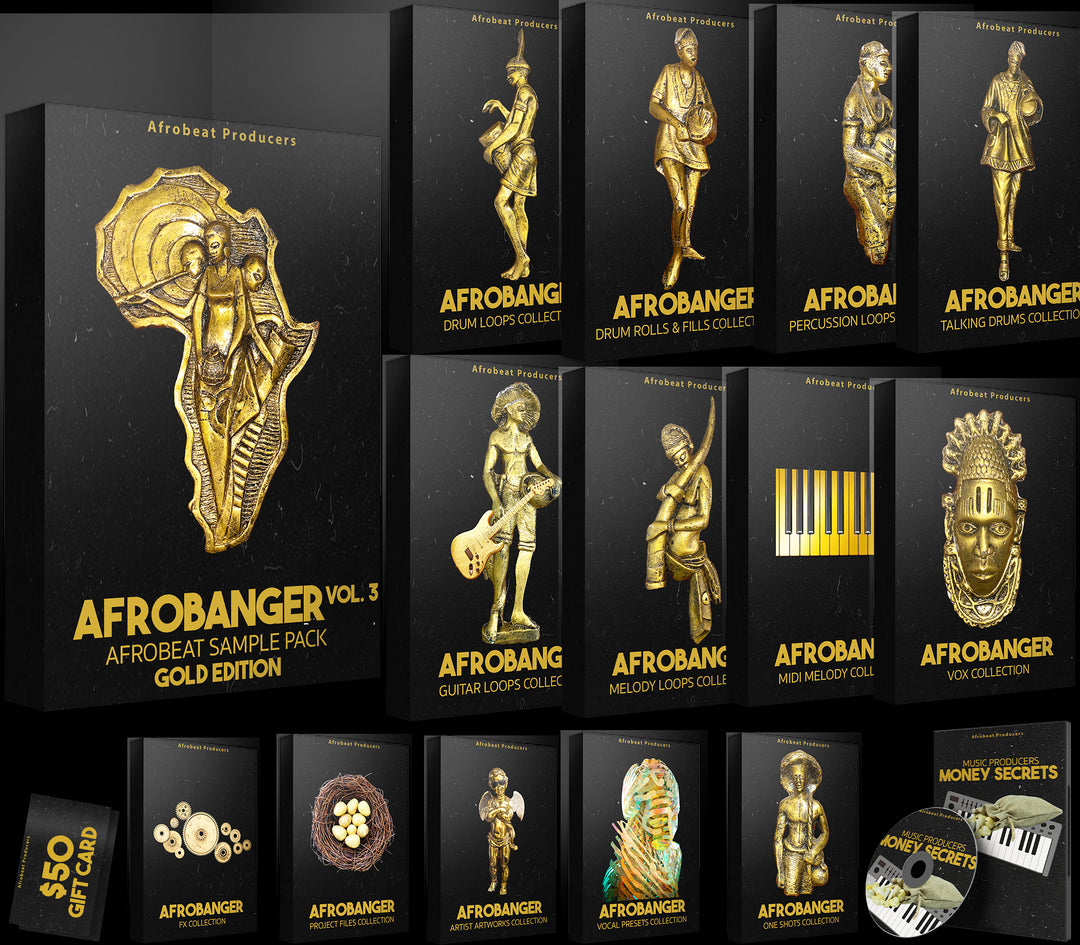
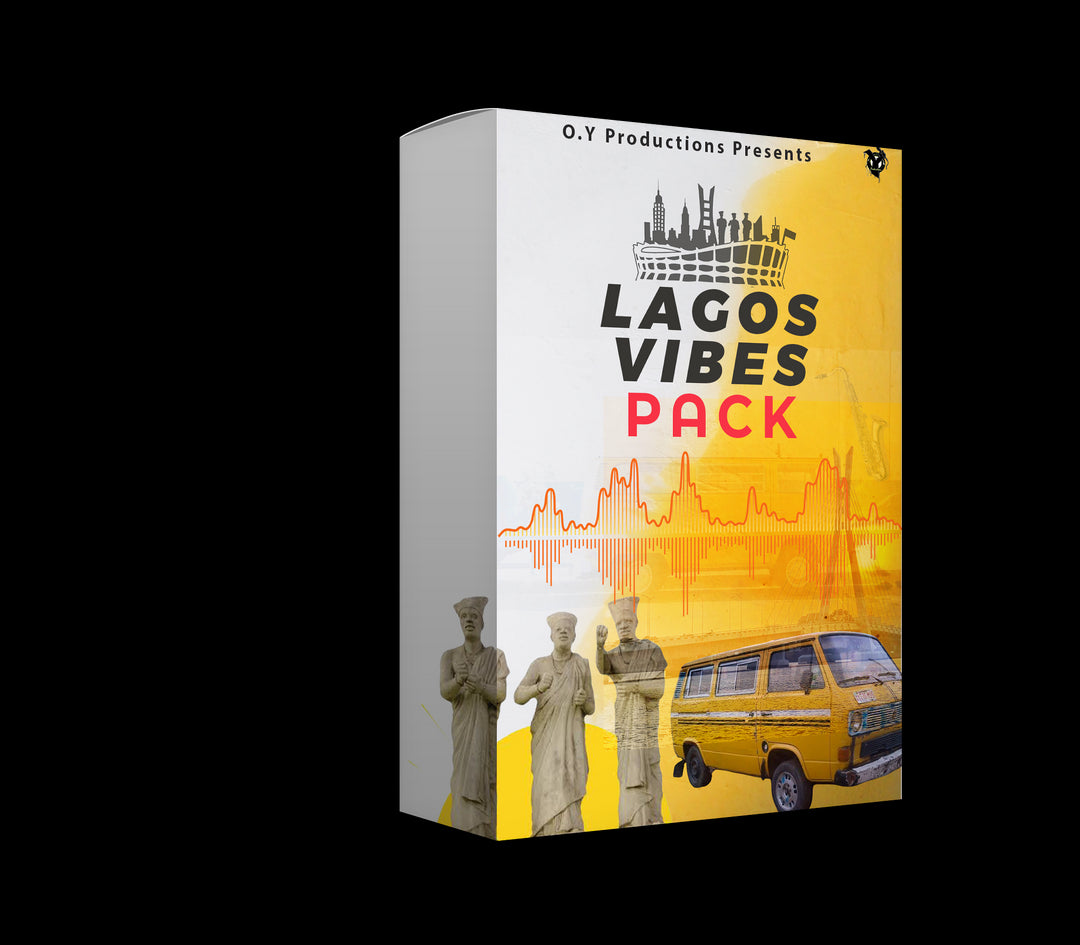
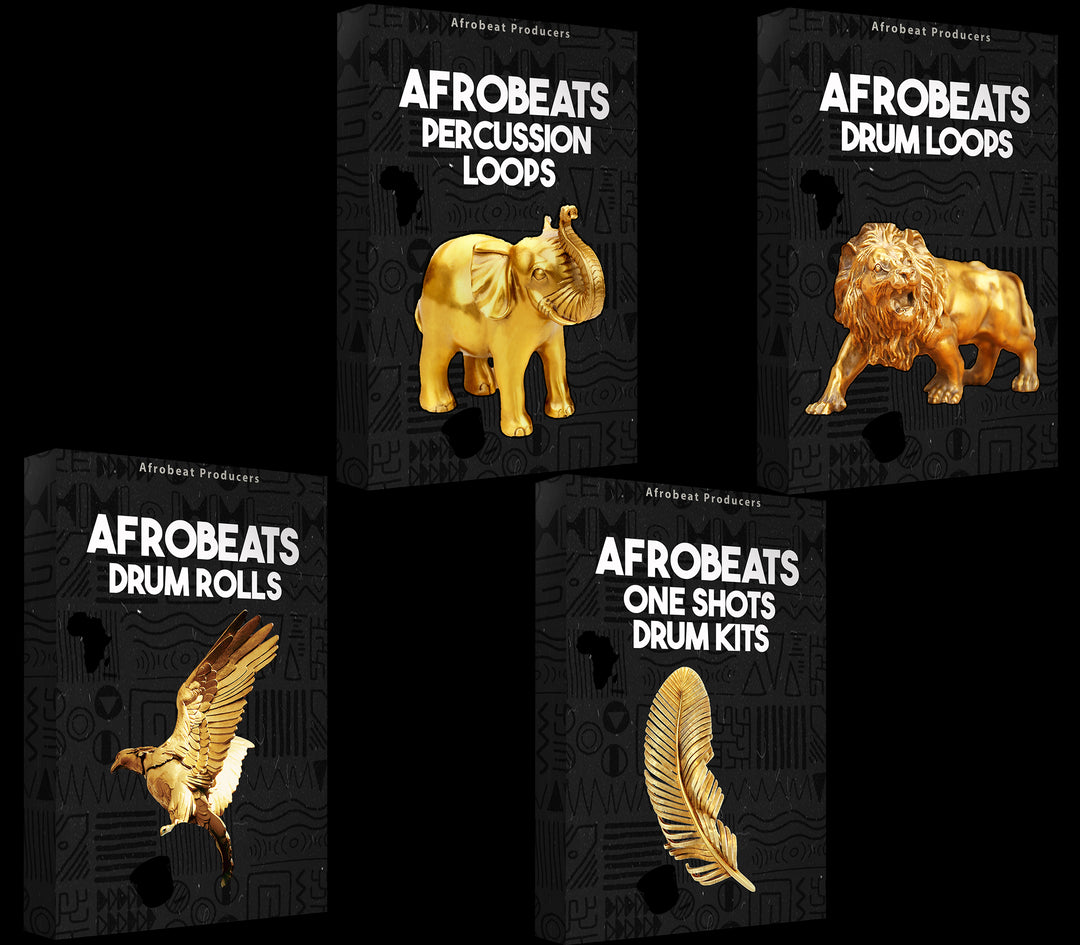
![amapiano essential sample pack download,Free Download Amapiano Log Drum Bass Pack Amapiano .WAV Samples [Works on Logic Pro ,FL Studio Abelton Live , Reason, all DAWs] Logic Pro Tutorial, free amapiano drum sample pack,Drum Loops + Construction Kit Loops Percussion Loops, Guitar Melody Loops, MIDI Melody Loops, FL Studio Fruity DX10 - Log Drum Presets Log Drums (MIDI Melody) Log Drums (Wave Audio) MIDI Snare DRum Loops + One Shots Rolls and Fills Shaker Loops Vox Chops VST Plugins Presets FX + BONUS](http://afrobeatproducers.com/cdn/shop/files/AmaPianoEssentialSamplePack.png?format=jpg&v=1701804534&width=1080)
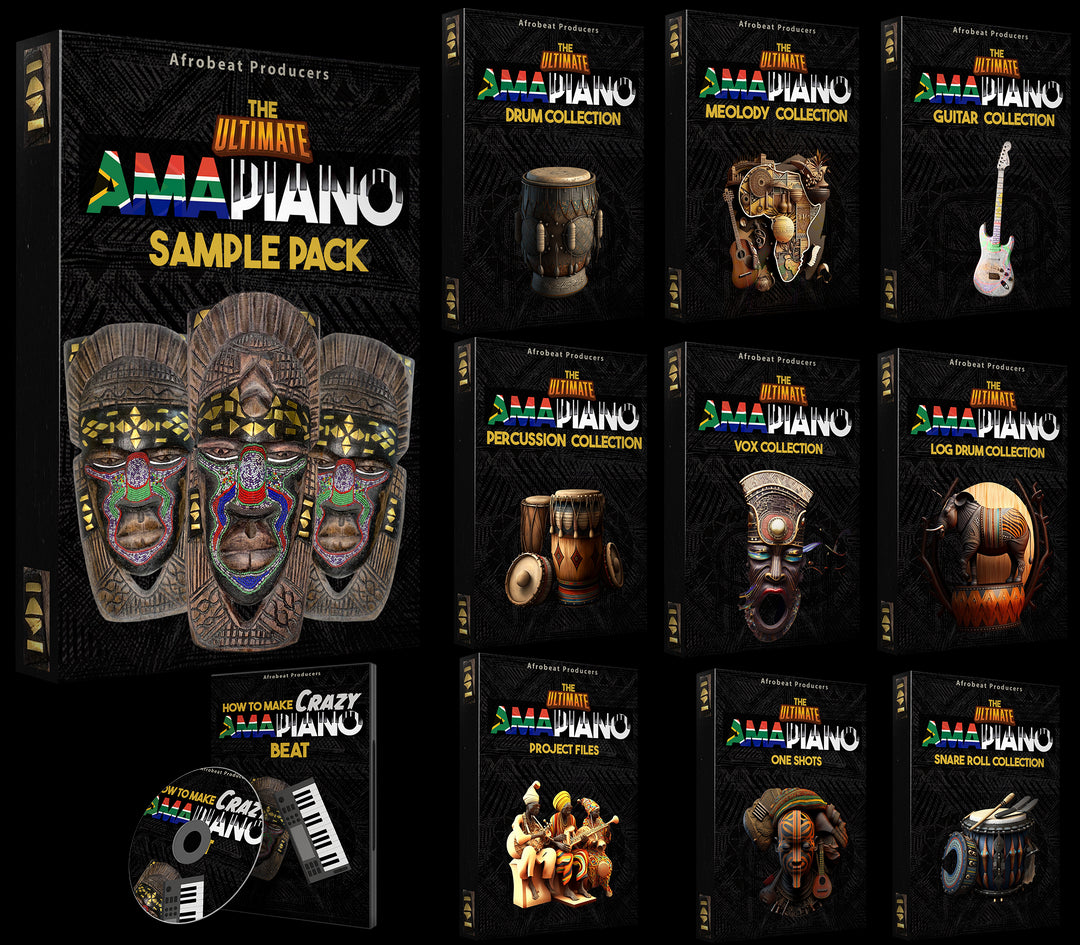
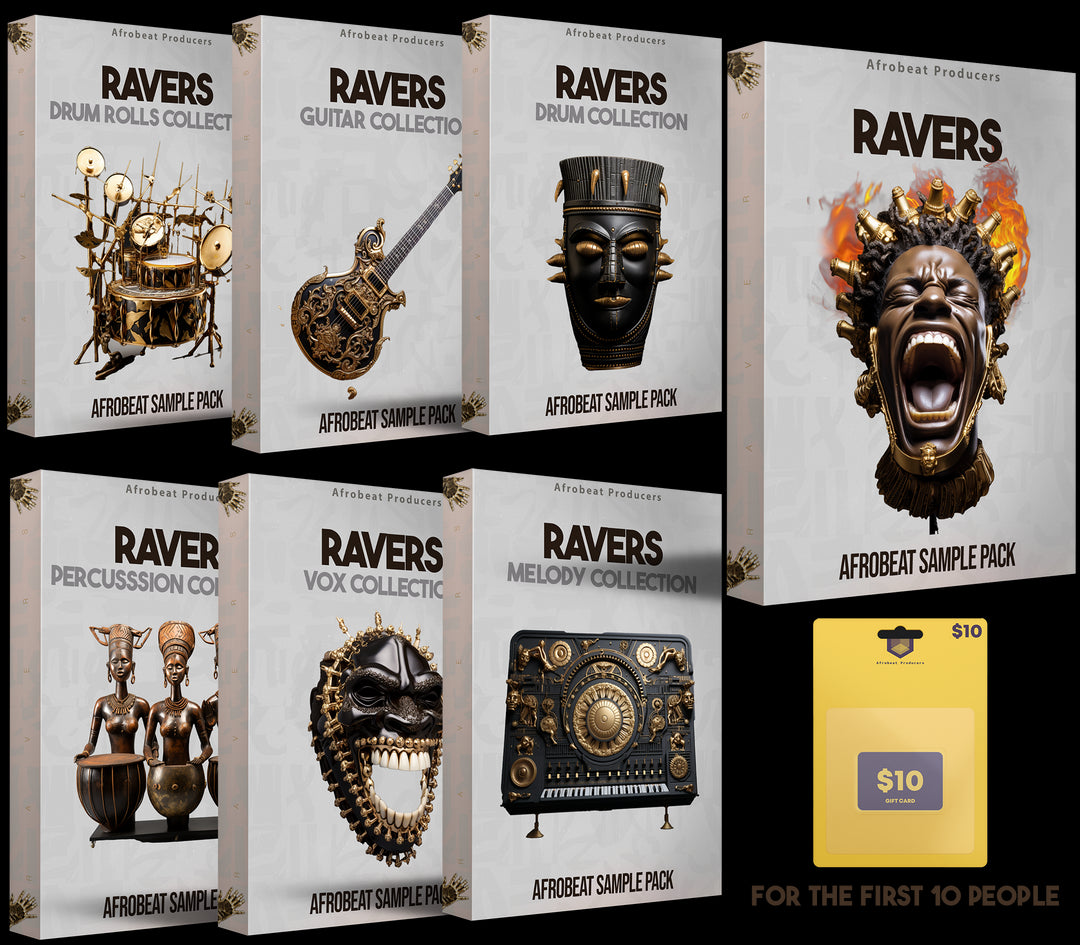
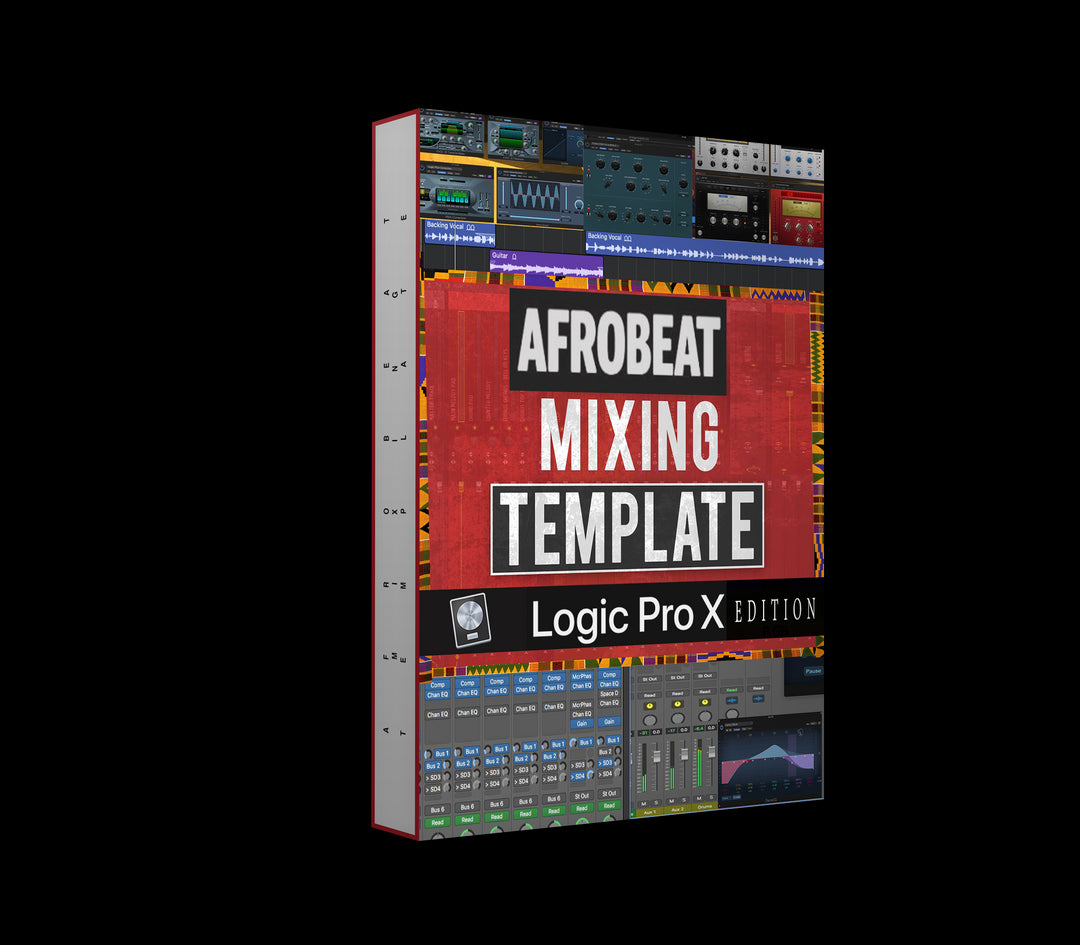
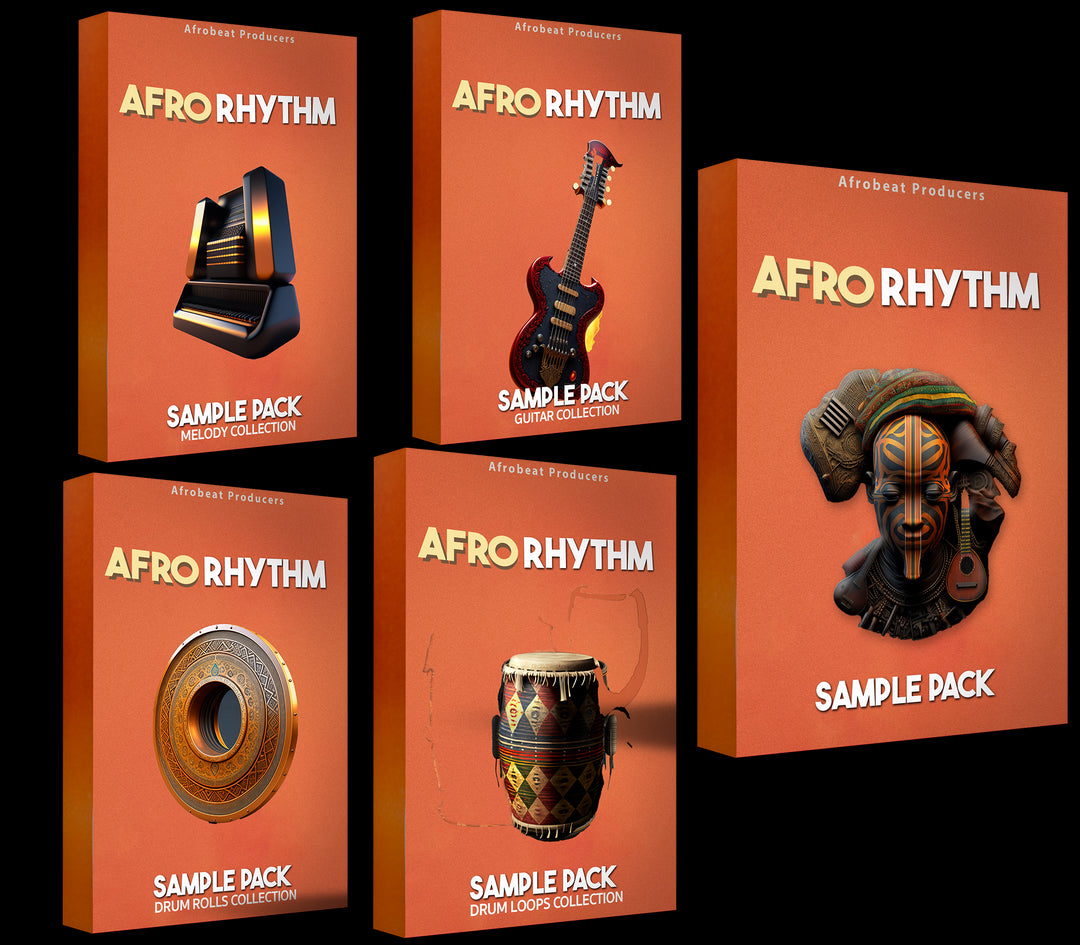
![amapiano essential sample pack download,Free Download Amapiano Log Drum Bass Pack Amapiano .WAV Samples [Works on Logic Pro ,FL Studio Abelton Live , Reason, all DAWs] Logic Pro Tutorial, free amapiano drum sample pack,Drum Loops + Construction Kit Loops Percussion Loops, Guitar Melody Loops, MIDI Melody Loops, FL Studio Fruity DX10 - Log Drum Presets Log Drums (MIDI Melody) Log Drums (Wave Audio) MIDI Snare DRum Loops + One Shots Rolls and Fills Shaker Loops Vox Chops VST Plugins Presets FX + BONUS](http://afrobeatproducers.com/cdn/shop/files/AmaPianoEssentialSamplePackVol.2.png?format=jpg&v=1701804430&width=1080)
